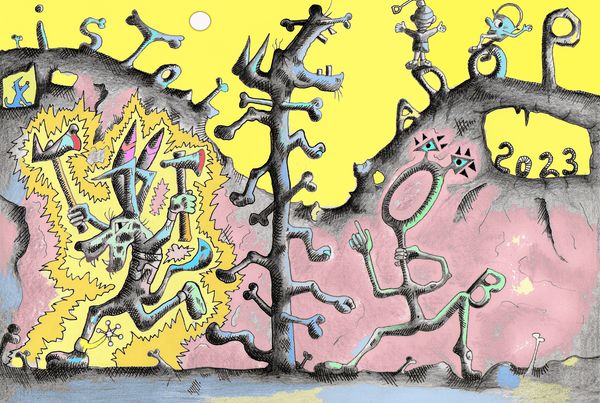Tag: abuse in adoptive family
-
Evacuation out of Vietnam on 20 April
My Huong Le reflects on life since leaving Vietnam as a young child 46 years ago.
-
The Legacy and Impacts of Abuse in Adoption
—
by
in Abuse in Adoption, Adoptee Anger, Adoptee vulnerability, Adoptees Educate, Adoption Education for Adoptive Parents, Adoption Education for Professionals, Adoptive Country, Birth Country, Complexities in Adoption, Critical Thinking in Adoption, Family Preservation, Grief and Loss, Importance of Connections to Origins, Is adoption the best option, Lifelong Impacts of Adoption, Politics of Adoption, Suicide, Therapy, Transracial Adoption, Trauma in AdoptionLynelle’s part 2 of 3 on Sexual Abuse within Adoption.
-
Adoption, Abuse & Exclusion from the Royal Commission
Lynelle’s part 1 of 3 on Sexual Abuse within Adoption.
